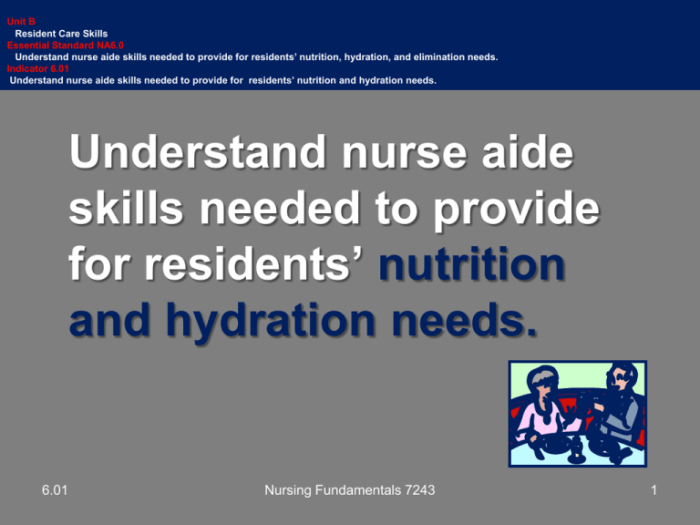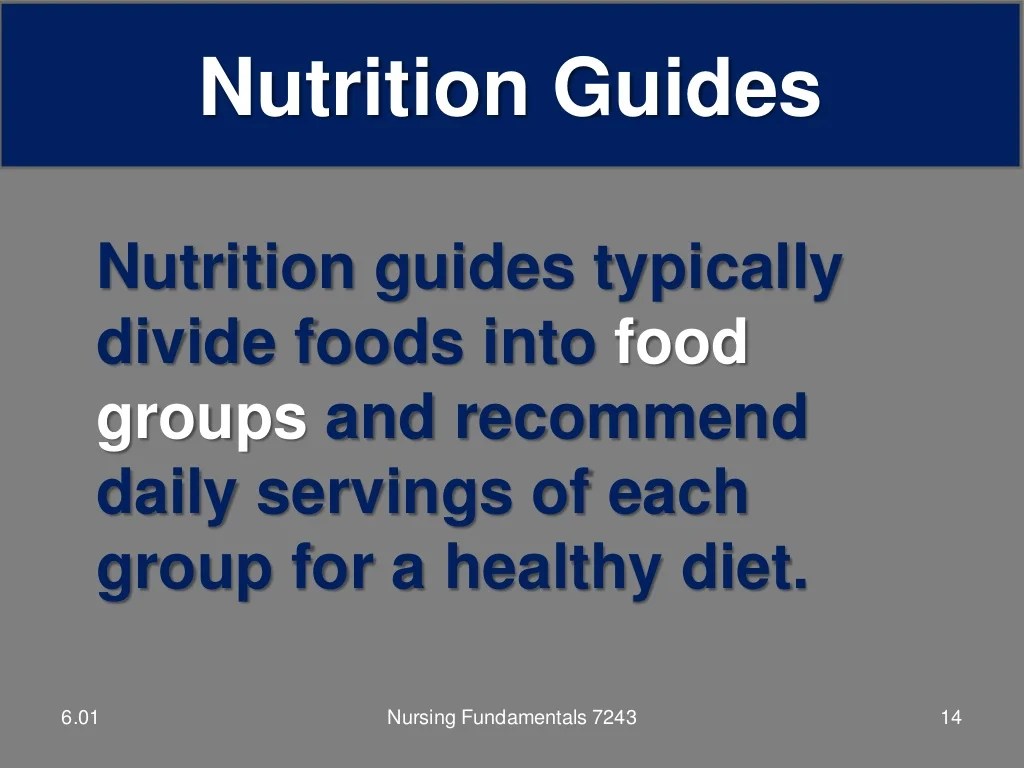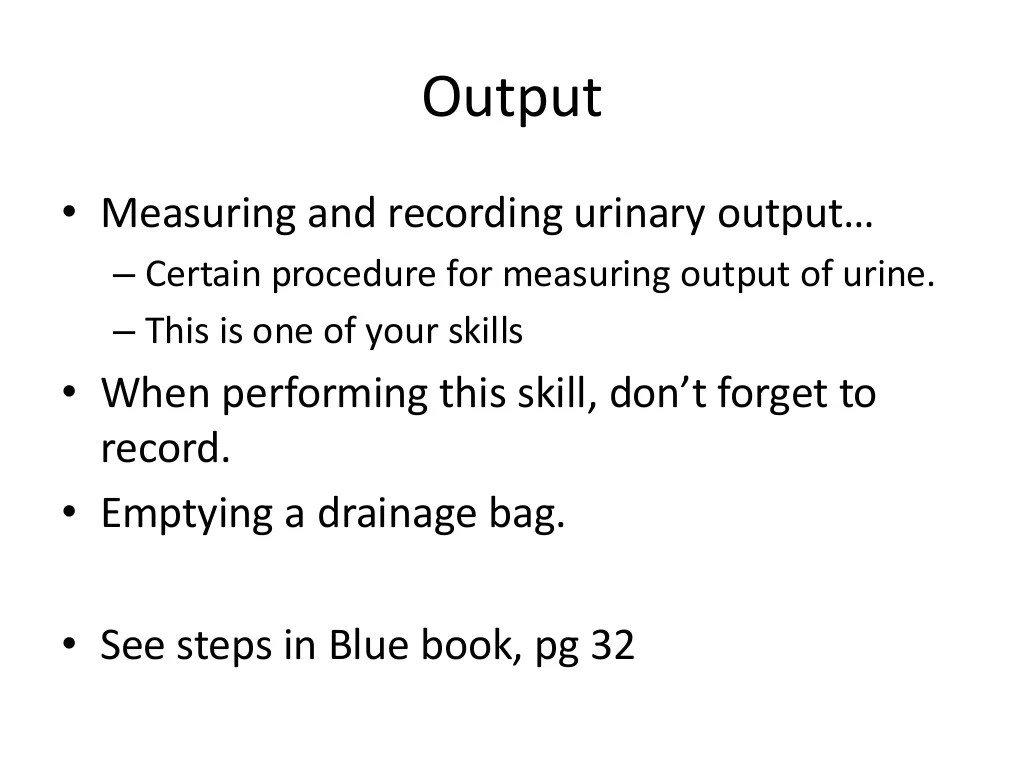Nutrition and Hydration Chapter 8: A Comprehensive Guide to Optimal Health embarks on an illuminating journey into the realm of nutrition and hydration, unraveling their profound impact on our well-being. This chapter delves into the essential nutrients that fuel our bodies, the importance of hydration for bodily functions, and the principles of developing effective nutrition interventions.
Through a comprehensive nutritional assessment, we gain insights into potential deficiencies or excesses, paving the way for tailored interventions to address specific health conditions.
Nutritional Needs: Nutrition And Hydration Chapter 8

Optimal health and well-being require a balanced intake of essential nutrients. Macronutrients, including carbohydrates, proteins, and fats, provide the body with energy and building blocks for tissues. Micronutrients, such as vitamins and minerals, support various bodily functions and prevent deficiencies.
The recommended daily intake (RDI) of macronutrients varies based on age, sex, and activity level. Carbohydrates should comprise 45-65% of daily calories, proteins 10-35%, and fats 20-35%. Micronutrient RDI is specific to each nutrient and can be found in dietary guidelines or consulted with a healthcare professional.
Nutrient-rich foods include whole grains, fruits, vegetables, lean protein sources, and healthy fats. Consuming a variety of foods from different food groups ensures a balanced intake of essential nutrients.
Hydration

Hydration is crucial for bodily functions, including temperature regulation, nutrient transport, and waste removal. Fluid balance is maintained through the intake and output of fluids.
Dehydration occurs when fluid output exceeds intake, leading to decreased blood volume, electrolyte imbalances, and impaired organ function. The recommended daily fluid intake is approximately 8 glasses of water or other fluids, but individual needs may vary.
Strategies for staying hydrated include drinking fluids regularly, especially during physical activity or hot weather; consuming water-rich foods, such as fruits and vegetables; and avoiding excessive caffeine and alcohol consumption.
Nutritional Assessment

A comprehensive nutritional assessment involves evaluating an individual’s dietary intake, anthropometric measurements, and biochemical markers to identify nutritional status.
Dietary data collection methods include food diaries, food frequency questionnaires, and 24-hour recalls. Anthropometric measurements include height, weight, body mass index (BMI), and waist circumference.
Interpreting nutritional assessment results requires comparing the individual’s intake to RDI or established norms. Potential nutritional deficiencies or excesses can be identified, guiding appropriate interventions.
Nutrition Interventions
Nutrition interventions aim to improve dietary habits and address nutritional deficiencies or excesses. They are developed and implemented based on sound scientific principles.
Evidence-based nutrition interventions exist for various health conditions, such as diabetes, heart disease, and obesity. These interventions often involve dietary modifications, lifestyle changes, and behavior counseling.
Healthcare professionals play a vital role in providing nutrition counseling and education, empowering individuals to make informed dietary choices and manage their health.
Special Nutritional Considerations
Specific populations, such as children, pregnant women, and the elderly, have unique nutritional needs that require attention.
Dietary modifications are necessary for individuals with medical conditions, such as allergies, intolerances, and digestive disorders. Understanding these conditions and their dietary implications is essential for ensuring adequate nutrition.
Meeting the nutritional needs of special populations involves tailoring dietary recommendations to their specific requirements and collaborating with healthcare professionals for personalized guidance.
FAQ Compilation
What is the recommended daily intake of macronutrients?
The recommended daily intake of macronutrients varies depending on individual needs, but general guidelines suggest: 45-65% carbohydrates, 20-35% protein, and 20-35% fats.
How can I stay hydrated throughout the day?
To stay hydrated, it is recommended to drink water regularly throughout the day, especially before, during, and after physical activity. Aim for 8-10 glasses of water per day.
What are the signs and symptoms of dehydration?
Signs and symptoms of dehydration include thirst, fatigue, dizziness, muscle cramps, and decreased urine output.